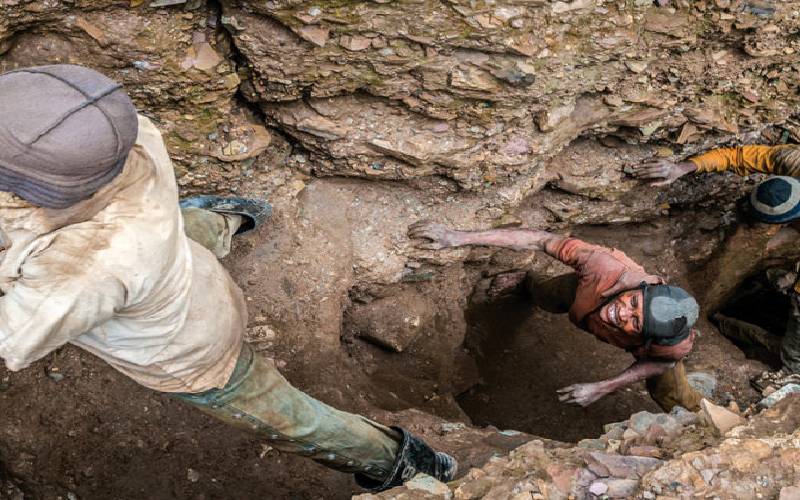×
The Standard e-Paper
Join Thousands Daily

KAMPALA, Uganda - Canada’s M2 Cobalt Corporation said on Tuesday that its initial drilling indicates that there may be more cobalt in Uganda than previously thought.
Any discoveries would add much-needed diversity in the supply of cobalt, a mineral at the heart of the global electric vehicle revolution as a key component in batteries.